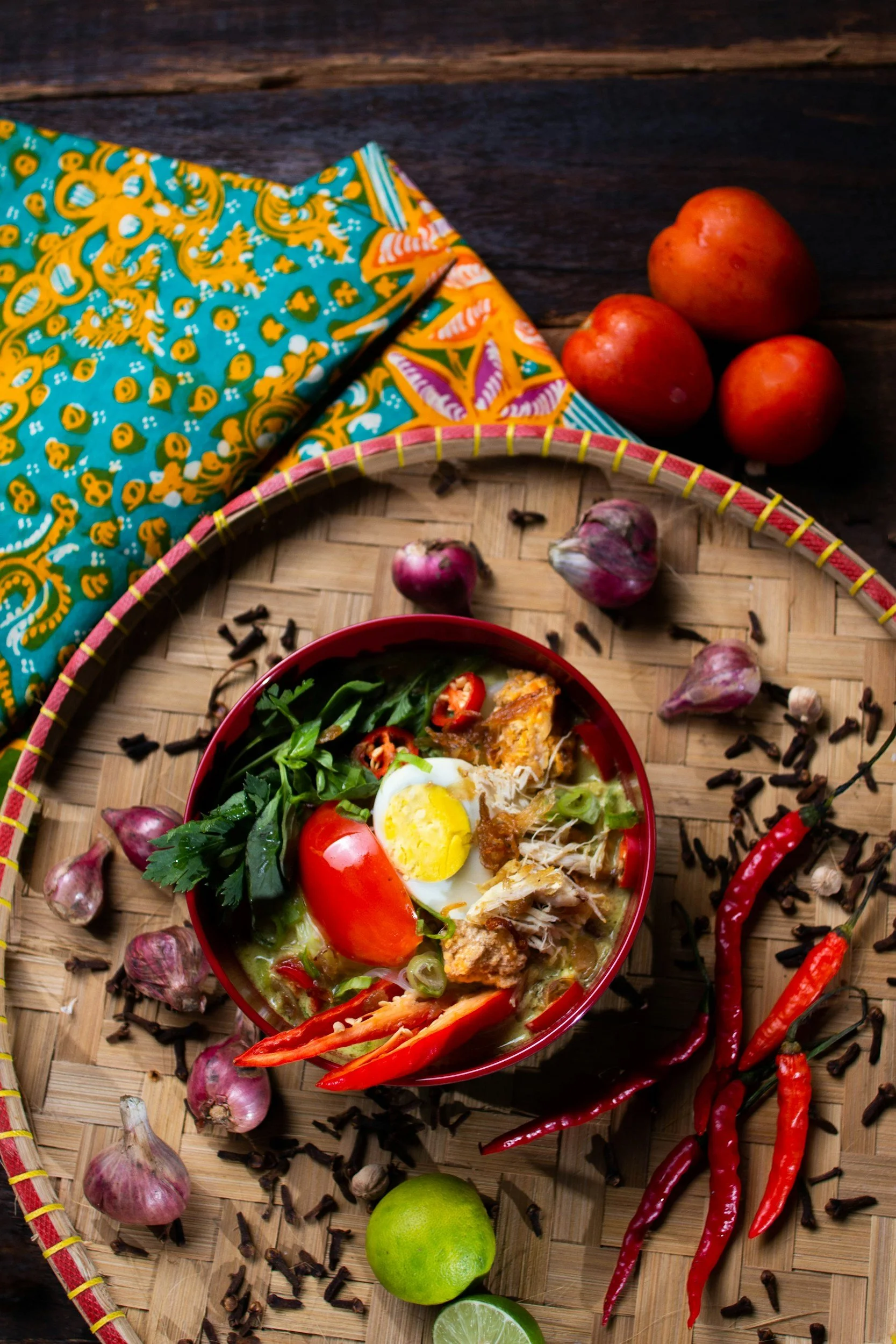What Is Gastronomy? Food, Culture, and Why It Matters (to Me)
Whenever I tell someone I’m studying Gastronomy, I usually get the same response: a puzzled look followed by, “So… cooking?” Gastronomy is about food, but it’s so much more than recipes or restaurants. It’s the study of food in context; i.e. how what we eat connects to culture, history, sustainability, science, justice, and identity. It’s the story behind the plate.
For me, gastronomy is the perfect intersection of everything I care about: creativity, activism, healing, and curiosity. In this post, I’m sharing what gastronomy actually is, why it matters right now, and why I’ve chosen to make it the center of my life and studies.
The Short Answer
Gastronomy = food in context.
It looks at where food comes from, who makes it, how it’s grown and cooked, who gets access to it, and what it means in people’s lives.
Gastronomy vs. “Just Cooking”
Cooking is a craft. Gastronomy asks why the craft matters.
Cooking focuses on techniques, ingredients, and flavor.
Gastronomy studies the systems and stories around those techniques and ingredients: agriculture, labor, migration, climate, health, tradition, innovation, and ethics.
Both belong at the same table. Gastronomy is simply the wider lens.
Five Pillars of Gastronomy (the way I’m studying it)
1) Culture & History
Food is memory you can taste. Recipes carry migration, religion, language, and lineage. A single dish can map a family’s past or a region’s resilience.
Questions I ask:
Whose story does this dish tell? What changed when it crossed borders? What stayed sacred?
2) Ecology & Sustainability
What we eat shapes land and water. Gastronomy looks at soil health, biodiversity, fishing practices, packaging, waste, and climate.
Questions I ask:
How do we feed people well without draining the planet? What does “local” truly mean in practice?
3) Science & Technique
Fermentation, emulsions, preservation, nutrition—there’s chemistry behind comfort. Gastronomy connects the lab to the kitchen and the market.
Questions I ask:
What makes this texture work? How do processing and storage affect nutrition and taste?
4) Economy, Labor & Justice
Behind every bite is a supply chain: farmworkers, transport, store clerks, cooks, caregivers. Not all systems are fair.
Questions I ask:
Who profits from this food? And who pays the hidden cost? How do policy, pricing, and power shape our plates?
5) Identity, Ritual & Meaning
Birthdays, funerals, holidays, first dates: food is how we gather. It’s comfort, protest, home, and hospitality.
Questions I ask:
What does this meal mean to the people who eat it? How does taste become identity?
A Personal Moment That Sums It Up
There wasn’t one grand epiphany. It was a mosaic of small moments: the quiet ritual of making tea when life felt heavy; the way a simple bowl of soup can taste like safety; the first time I really looked at a market and saw systems (farmers, logistics, seasonality, and labor) hiding in plain sight. Those moments nudged me from “I love food” to “I want to understand food.”
That’s the pull that brought me to San Sebastián and to a Master’s in Gastronomic Sciences. To study food not only as taste, but as culture, care, and change.
Why Gastronomy Matters Right Now
Access & Affordability: Food insecurity isn’t just about calories; it’s about dignity and health.
Climate: Agriculture and oceans are changing. Our choices ripple outward.
Health: From ultra-processed foods to nutrition deserts, we live inside food environments.
Culture: Globalization can enrich and erase. Preserving foodways matters.
Economy: Fair wages and humane conditions are part of an ethical meal. Gastronomy helps us connect these dots and act with more intention.
Everyday Examples (where you’ll see this on my blog)
Food Justice 101: Why “cheap” food isn’t really cheap.
Cultural Foodways: How migration shapes a city’s flavors.
Basque Notes: Pintxos as living culture, not just “small plates.”
Kitchen Experiments: Ferments, staples, and the science behind comfort.
Market Diaries: Seasonality, sourcing, and the people behind the counter.
This is why Gastronomy is my path. And why this blog will always circle back to food as story.
How Gastronomy Connects to My Healing & Activism
I’m open about being neurodivergent and about navigating complex trauma. Gastronomy gives me a grounded way to ask big questions without losing the human thread. It lets me honor care. For self, for community, for land. for knowledge.
I’m not chasing a glossy version of food. I’m interested in the real table: the joy, the labor, the history, the future. That’s where healing and justice meet.
If You’re New Here, Start With:
Why I’m Moving to Spain for Gastronomy Grad School (my origin story)
The Story Behind Mel in Motion (why this blog exists)
The Complete Moving to Spain Student Visa Checklist (resource)
Join the Conversation
What food memory feels like home to you?
Where have you noticed food systems in your everyday life (a label, a price change, a market rule)?
If you could ask one question about gastronomy, what would it be?
Share in the comments, or send me a note on the Contact page. Your questions will shape future posts.
